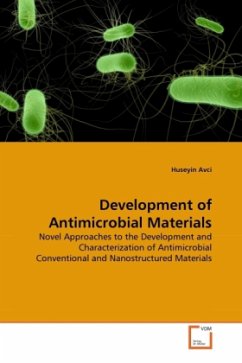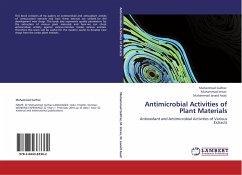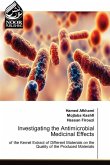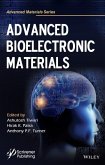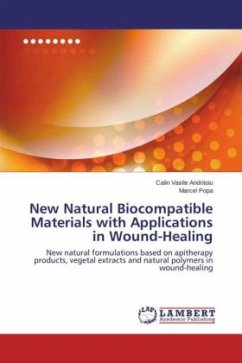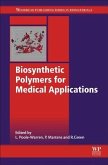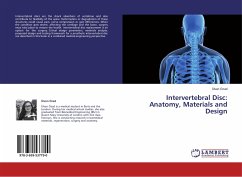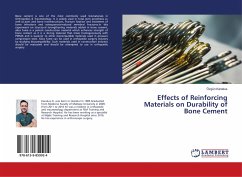One of the most important challenges for antimicrobial materials is their production methods and adverse effects of toxicants on human and living organisms during their using and disposing. To address the issue of antimicrobial materials and focus on gaining insights and developing new types of antimicrobial products, the present study is divided into three sections. In the first section, commonly used a leaching' antimicrobial agent, silver nanoparticles was selected to produce antibacterial composite fibers via the melt spinning technique. A high antimicrobial efficacy of PP/zinc composite fibers was demonstrated for the first time and the composite fibers started to exert a marked influence on the reduction of the bacteria. In the second section of this study, a 'bound' type of antimicrobial agents was applied to the surface of knitted polyester fabric to develop a new method to calculate the concentration of quaternary ammonium groups. The main objective of the third section of this work was to demonstrate and produce an eco-friendly antimicrobial nanofiber mat: PEO and PVA containing Lawsonia Inermis (henna) leaves extracts via electrospinning technique
Bitte wählen Sie Ihr Anliegen aus.
Rechnungen
Retourenschein anfordern
Bestellstatus
Storno

